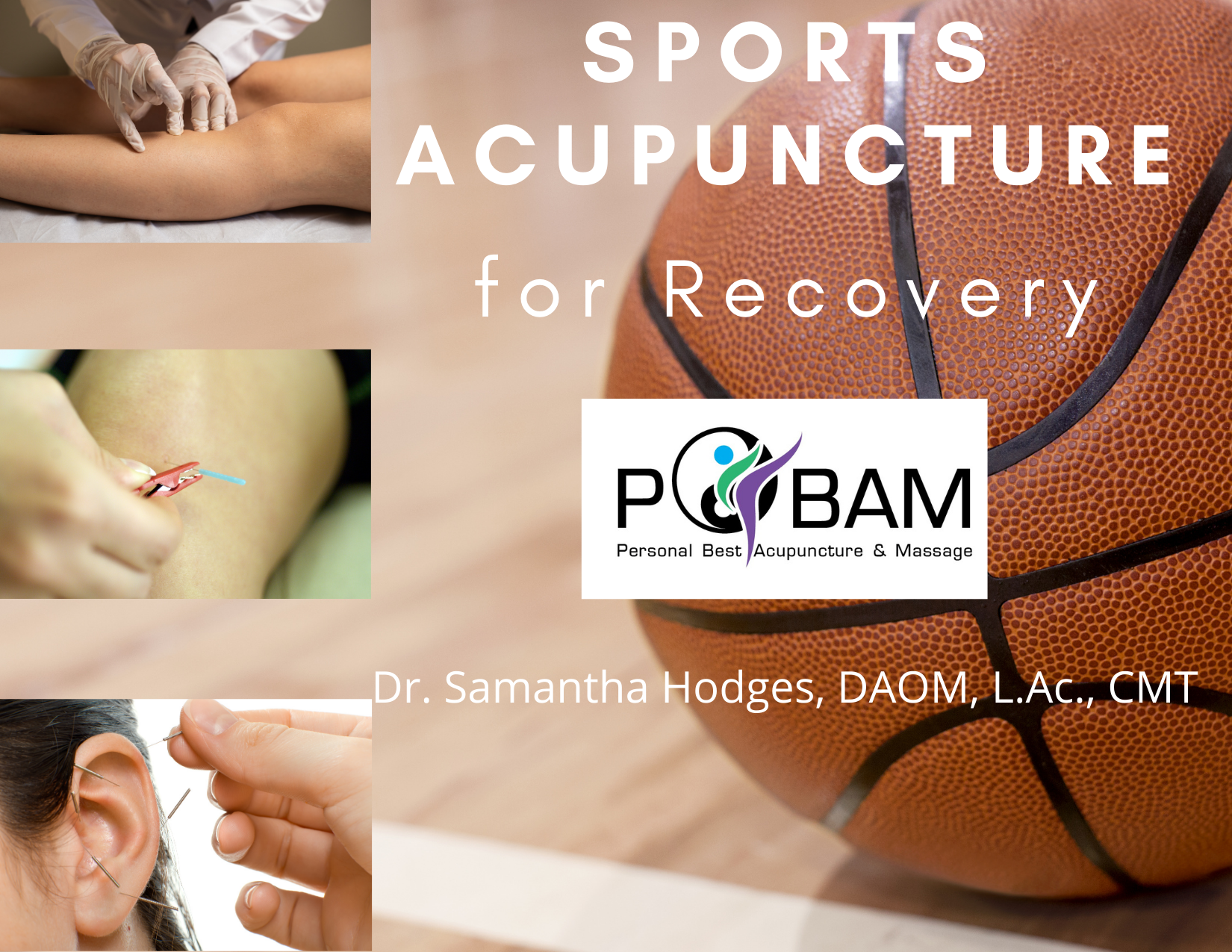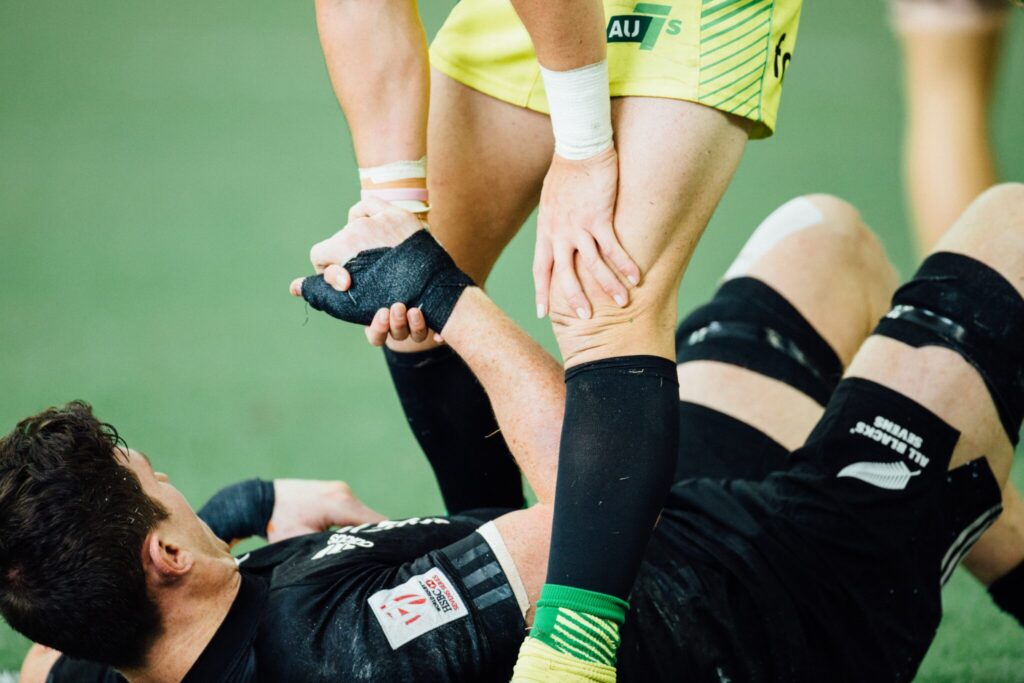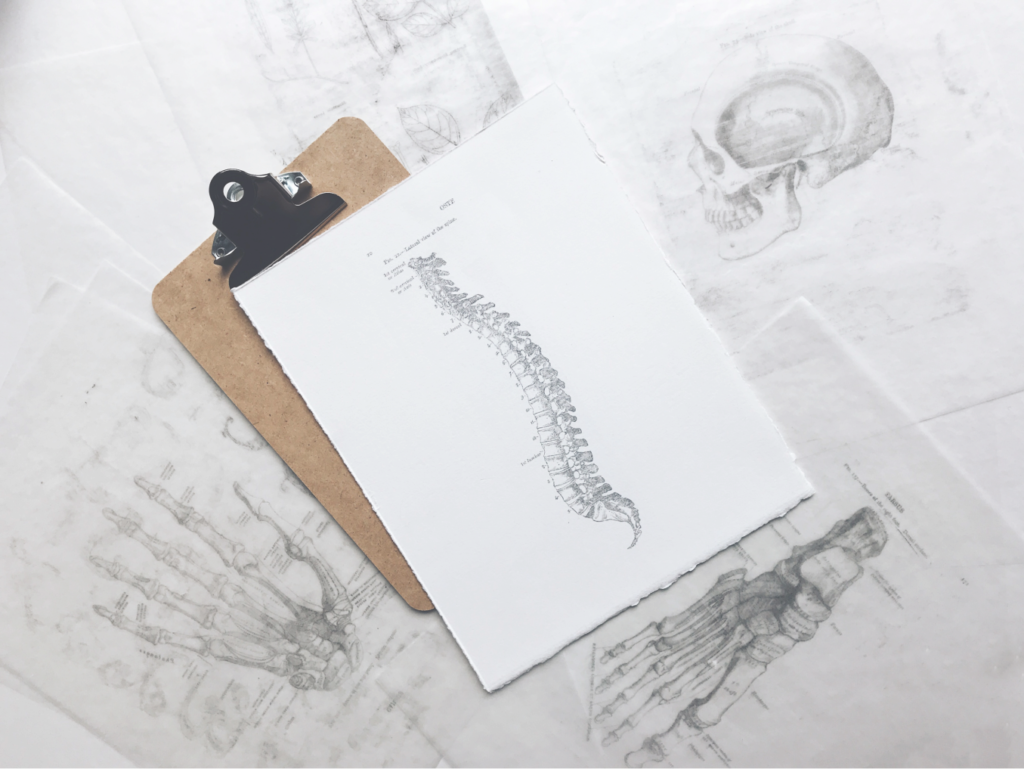Sports Acupuncture for Recovery
Acupuncture can be used for more than just healing pain.

Dr. Samantha Hodges, DAOM, L.Ac., CMT
Often I am asked what acupuncture can help with. Most people associate it with treating pain. Acupuncture is excellent at reducing pain and assisting the body with the healing process. In conjunction with PT, the results can be phenomenal. But it is capable of so much more. During the current pandemic, many athletes have been overtraining, using exercise as a way to treat the stress associated with this past challenging year (note that acupuncture is incredible at treating stress as well). In this blog post, I want to bring attention to a few studies that have preliminary findings on the physiological effect acupuncture has on the body to aid in recovery.
A systematic review of the effect of acupuncture on performance and recovery found that there is potential for acupuncture to be used in exercise performance and recovery ( Urroz et al. 2013). In one trial, electroacupuncture (the use of a machine similar to a tens unit that puts current through an acupuncture needle) at the acupuncture point P5and P6 or LU 7and LI4 significantly increased peak power output, blood pressure, and rate pressure product (RPP) when compared to control. ( Li, Ayannusi, and Longhurst, 2004, Urroz et al. 2013).
Promising evidence was also present in a trial reviewed by the systematic review for the use of acupuncture in recovery. The trial evaluated the use of acupuncture in postexercise recovery (30-60 minutes post-exercise) and found that heart rate, oxygen consumption, and blood lactate were significantly reduced as a result of needling PC 6 and ST 36 when compared to control and placebo contrition (Lin et al. 2009, Urroz et al. 2013).
Another study, not associated with the systematic review, looked at the use of auricular acupuncture for post-exercise recovery. In Chinese medicine, the ear is a microcosm of the body and auricular acupuncture is the use of acupuncture points mapped out on the ear based on this theory. The study was conducted on male elite basketball athletes (Lin et al. 2011). What they found was that heart rate and blood lactic acid in the group that received auricular acupuncture (magnetic stud patches were used to activate the points) was significantly lower compared to control (the use of 3 M tape on the ear that did not activate the acupuncture points (Lin et al. 2011). Applying ear seeds or magnets to the ear is a quick and simple way to assist the athlete in recovery. The points used in this study were shen men, liver, lung, heart, san jao, subcortex, and pituitary gland (Lin et al. 2011).
Admittedly the subject numbers were limited and it was extremely unfortunate that it was male-focused. However, these results justify further investigation. For centuries acupuncture has been used for a multitude of different ailments. There are plenty more studies if one does a Google Scholar search showing the impact of acupuncture on heart rate and blood pressure, among other biometrics. Athletes should not look over the benefit of acupuncture as a non-invasive and holistic approach to performance and recovery.
If you are interested in learning more, please email me: personalbestacupucture@gmail.com


